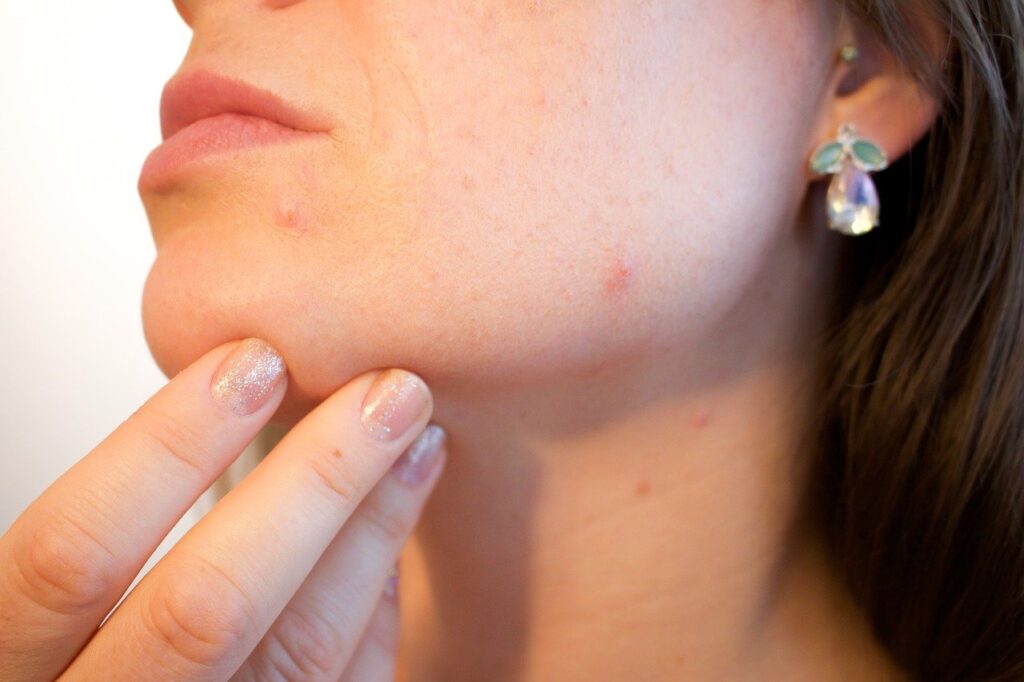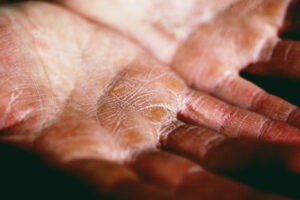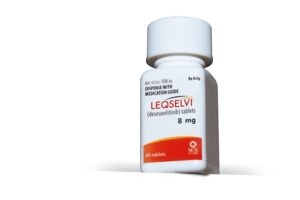Sanofi has signed an agreement to buy Origimm Biotechnology, an Austria-based privately owned biotechnology company with focus on virulent skin microbiome components and antigens from bacteria causing skin disease.

Acne is a widespread condition for millions of people globally. Credit: Kjerstin Michaela Noomi Sakura Gihle Martinsen Haraldsen from Pixabay
Subscribe to our email newsletter
Financial details of the deal have not been disclosed.
This deal is part of Sanofi’s strategy to explore growth opportunities and build a vaccines pipeline.
The transaction will add ORI-001 to Sanofi’s early-stage pipeline.
A therapeutic vaccine candidate in acne vulgaris, ORI-001 is based on recombinant proteins and entered preliminary clinical studies in Q3 2021.
Simultaneously, Sanofi is working to develop further antigen versions and expects to tap its next-generation mRNA platform in a Ph1/2 trial that will commence in 2023.
Sanofi Pasteur global head and executive vice president Thomas Triomphe said: “The acquisition of Origimm further broadens our vaccines R&D pipeline with a first vaccine candidate against acne, a high medical need for millions of teenagers and adults. “Welcoming Origimm within Sanofi expands our area of expertise by bringing extensive know-how in the field of skin microbiome and skin immunology. We look forward to unlocking the full potential of this candidate.”
A widespread condition for millions of people globally, acne causes huge psychological burden for teenagers and adults, with more than 10% of them still experiencing acne even after the age 501.
The Cutibacterium acnes bacterium plays a central role in the development of moderate to severe acne. However, there is no satisfactory treatment against acne combining high efficacy and acceptable safety, claimed Sanofi.
Origimm founder & CEO/CSO Sanya Selak said: “We are looking forward to combining our expertise and strengths to continue developing innovative solutions for prevention and treatment of the skin microbiome-associated diseases, such as common acne.
“Together with such a strong partner like Sanofi, we will strive to creating a paradigm shift in treatment of skin diseases and many other microbiome-associated disorders and infections, for which current medical solutions are inadequate.”
The deal is expected to close early this month.
 Advertise With UsAdvertise on our extensive network of industry websites and newsletters.
Advertise With UsAdvertise on our extensive network of industry websites and newsletters.
 Get the PBR newsletterSign up to our free email to get all the latest PBR
news.
Get the PBR newsletterSign up to our free email to get all the latest PBR
news.

